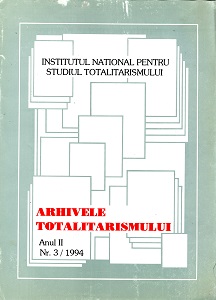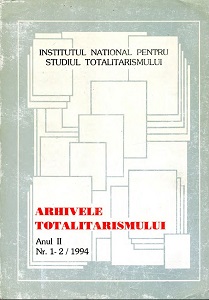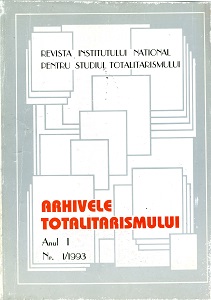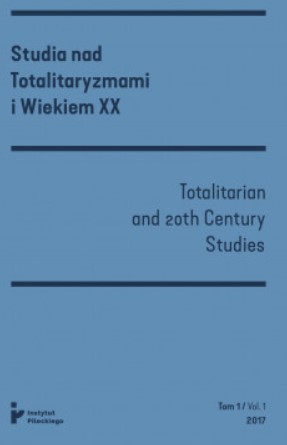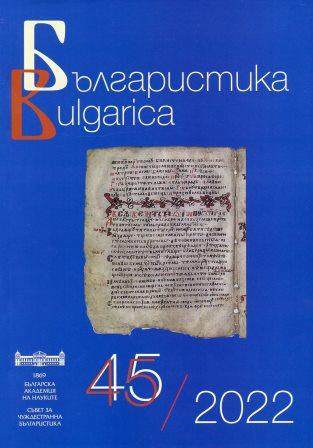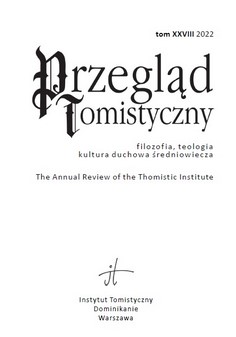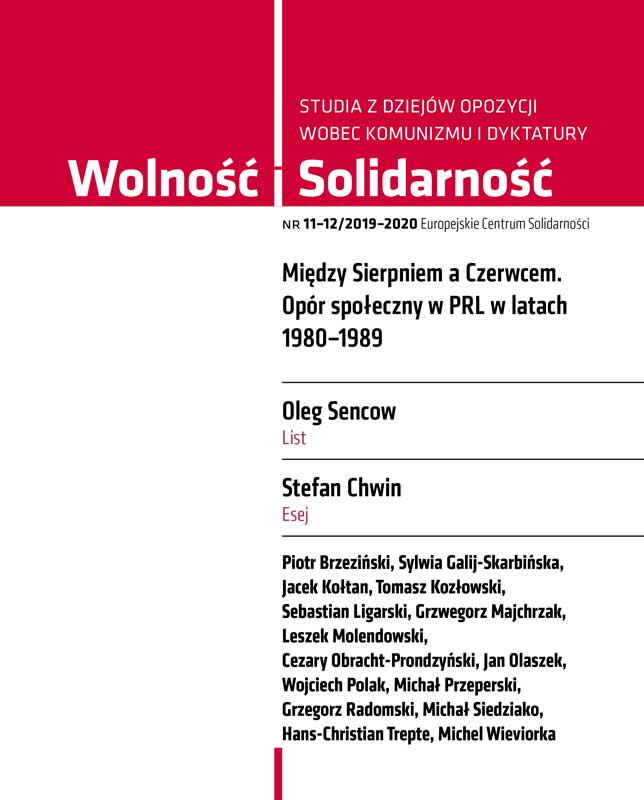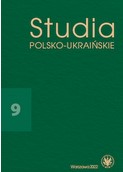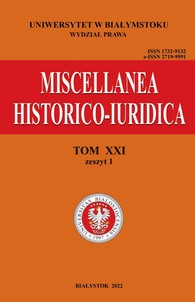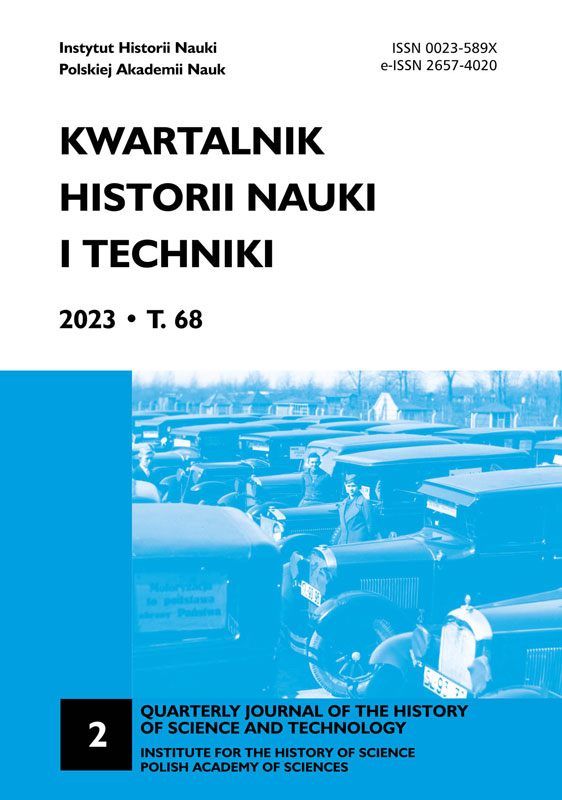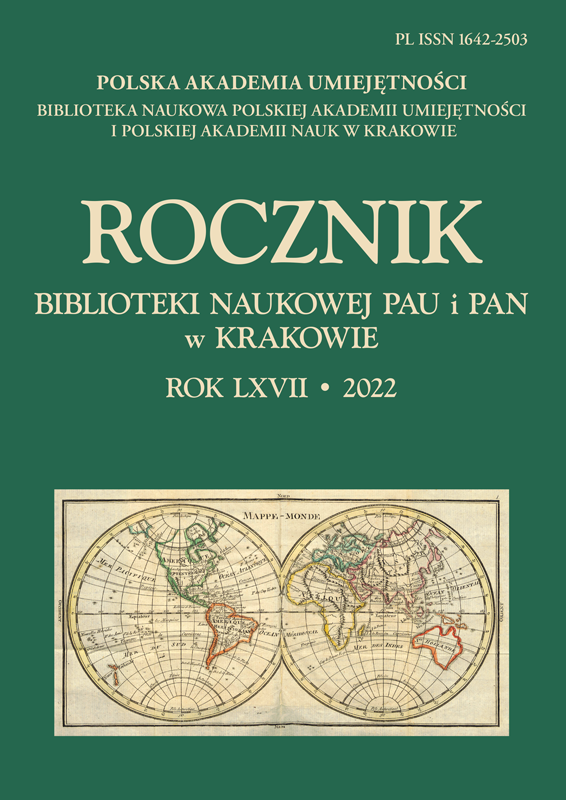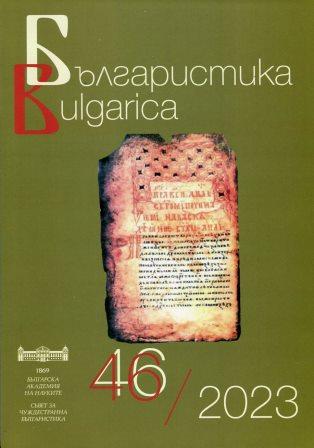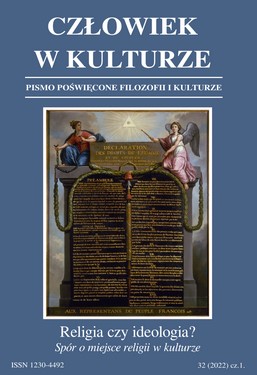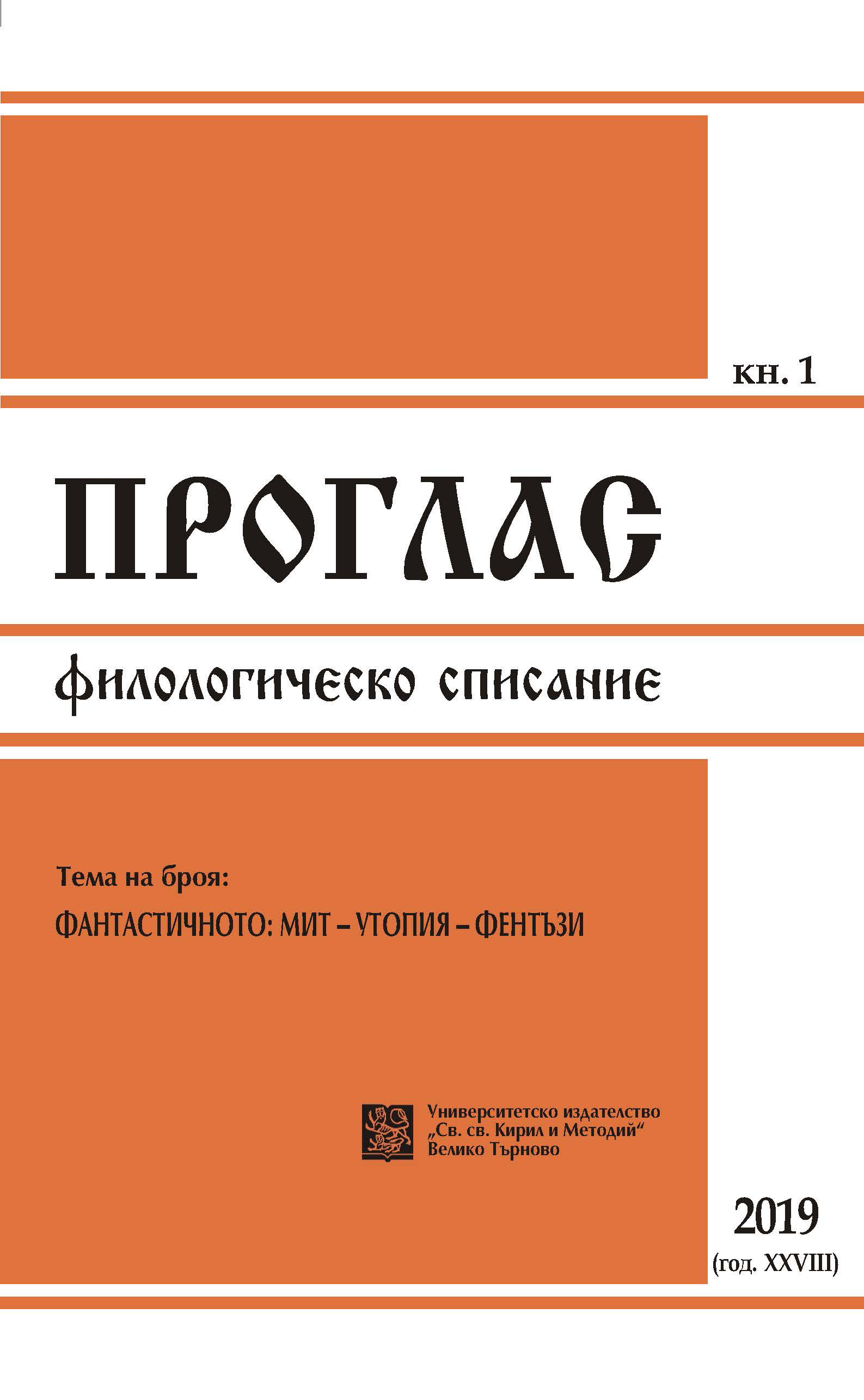
„Митология“ и „религия“ в латинската християнска литература на IV–V в.
Christianity illuminated the world in the age of Antiquity but it differed significantly from the life of the ancient world. The Christian writers of IV–V cc. treat the ancient mythology in a negative way. The present article discusses the characteristics of ancient mythology which were unacceptable from a Christian point of view. Why are the concepts of ‘mythology’ and ‘religion’ opposed in the minds of the Christian writers? Christian literature depicts a different world. What are the characteristics of this world? What demonstrates its realityand veracity? The answers to these questions are given in the article “Mythology and Religion in Latin Christian Literature of IV–V cc.”
More...
